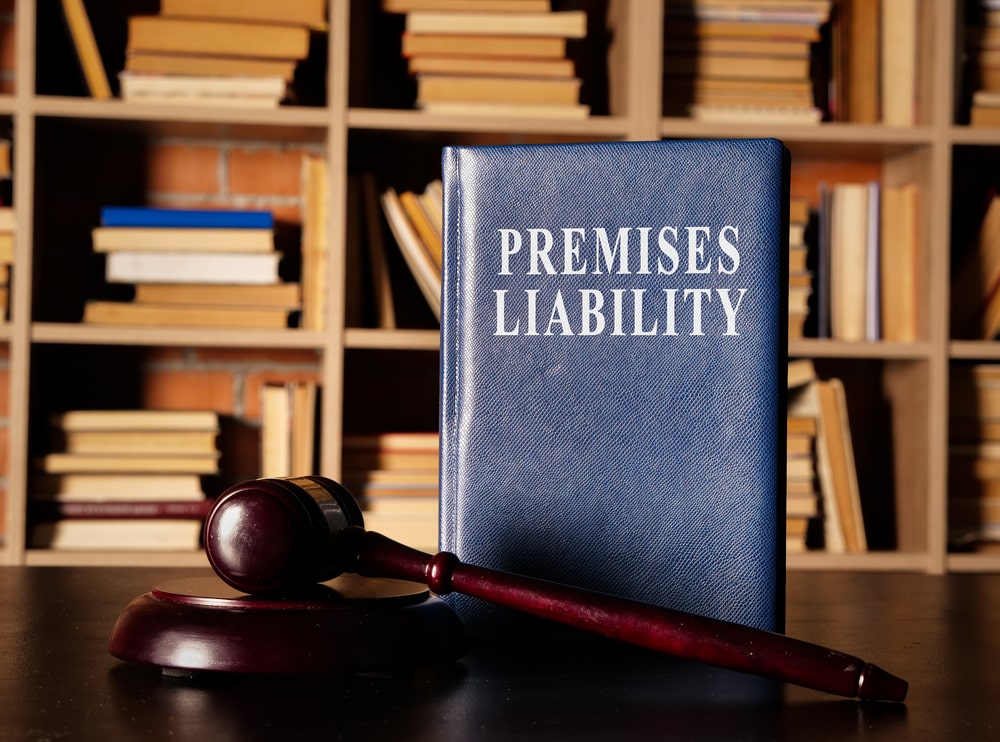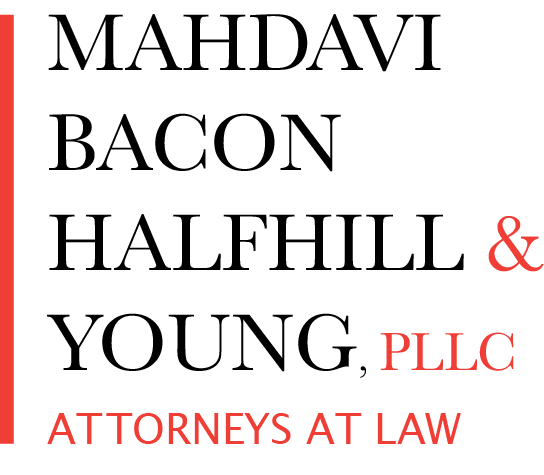
When you’re injured on someone else’s property, the path to compensation through a property injury case hinges on demonstrating negligence. Understanding this process is vital, a lawyer can shed some light on your next steps.
Understanding Premises Liability
Premises liability holds property owners responsible for accidents and injuries that occur on their property due to unsafe conditions. The cornerstone of a claim is proving that the property owner was negligent in maintaining safe conditions or failed to warn of potential dangers.
Proving Negligence In Your Case
The challenge in premises liability cases is establishing the property owner’s negligence. To successfully prove negligence, you must demonstrate several key elements:
First, establish that the property owner had a duty of care to you. This duty varies depending on your status as a visitor—whether you’re an invitee, licensee, or even a trespasser under certain conditions.
Next, you need to prove a breach of this duty. This means showing that the property owner failed to act as a reasonably prudent person would in a similar situation. Examples include failing to clean up a spill, not repairing a broken step, or neglecting to secure a dangerous area.
Causation is another crucial element. You must link the property owner’s breach directly to your injury, showing that your injury would not have occurred if it weren’t for their negligence.
Lastly, it’s essential to demonstrate that you suffered actual damages from the injury. This includes medical bills, lost wages, and possibly pain and suffering.
Gathering Essential Evidence
Collecting strong evidence is critical to proving your claim. Important types of evidence include:
Photos and videos of the hazardous condition can be compelling proof. Visual evidence like this can clearly show the unsafe condition at the time of the accident.
Witness statements can also strengthen your case, especially from those who saw the accident or can attest to the ongoing unsafe condition of the property.
If an accident report was filed, it would serve as an official record that bolsters your claim.
Medical records are necessary to document your injuries and treatments, directly linking your condition to the accident.
The Value Of Legal Expertise
Given the complexities involved in proving negligence, seeking the guidance of your premises liability lawyer can be a game-changer. A lawyer brings several advantages:
- They can navigate the legal intricacies and help you understand the relevant laws and regulations applicable to your case.
- They offer strategic advice on evidence collection and case presentation, helping to strengthen your claim.
- A lawyer will also represent you effectively in court, presenting your case compellingly and handling negotiations on your behalf.
Anticipating And Countering Defense Strategies
It’s common for property owners to claim that they did take reasonable steps to prevent any injury or to argue that the injured party was at fault. By anticipating these defenses, you and your lawyer can prepare to refute them, reinforcing the strength of your claim.
Contact A Lawyer Today
Proving negligence in a property injury case requires a clear understanding of premises liability, meticulous evidence collection, and strategic legal representation. By methodically demonstrating each element of negligence and countering potential defense arguments, you can enhance your chances of securing the compensation you rightfully deserve for your injuries.

